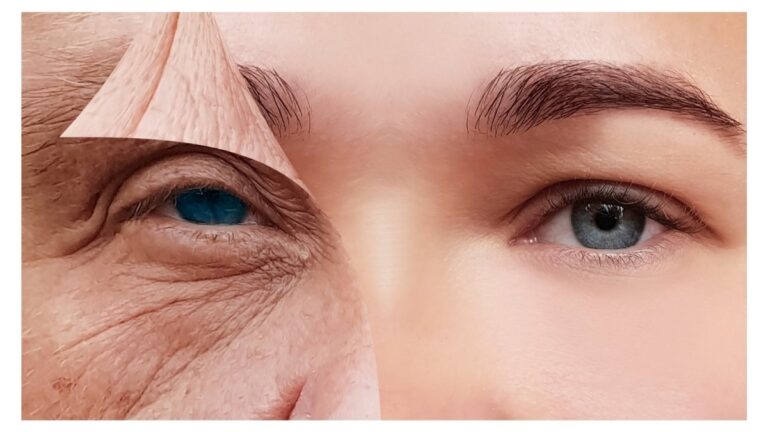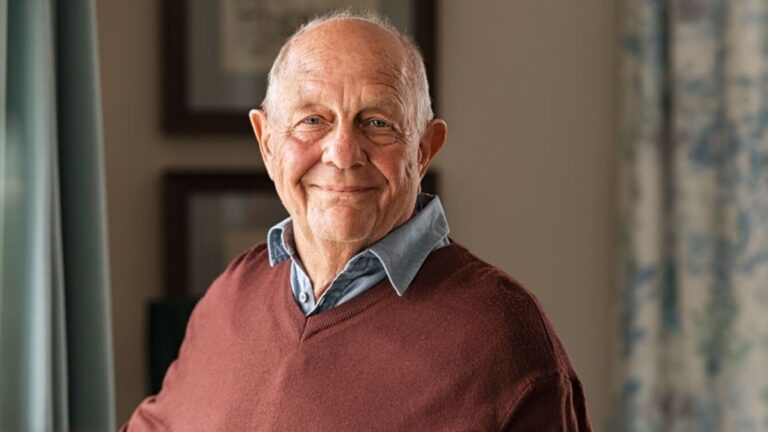How a 61-Year-Old Hacked His Biological Age: Five Science-Backed Longevity Secrets

When Dave Pascoe walks into a room, people assume he’s in his early 40s—but his driver’s license tells a different story: he’s 61 years old.
Most people think aging is just something that happens to you. Your body slows down. Your energy drops. You forget where you put your keys. Doctors say it’s normal.
But what if it’s not?
Dave Pascoe’s biological age is 38. He’s turned back the clock by 23 years. And he didn’t spend millions doing it.
Here’s what you’re about to learn:
You’ll discover the five daily habits that reversed Dave’s biological age by more than two decades. These aren’t extreme protocols that require a medical team. They’re science-backed longevity habits you can start today.
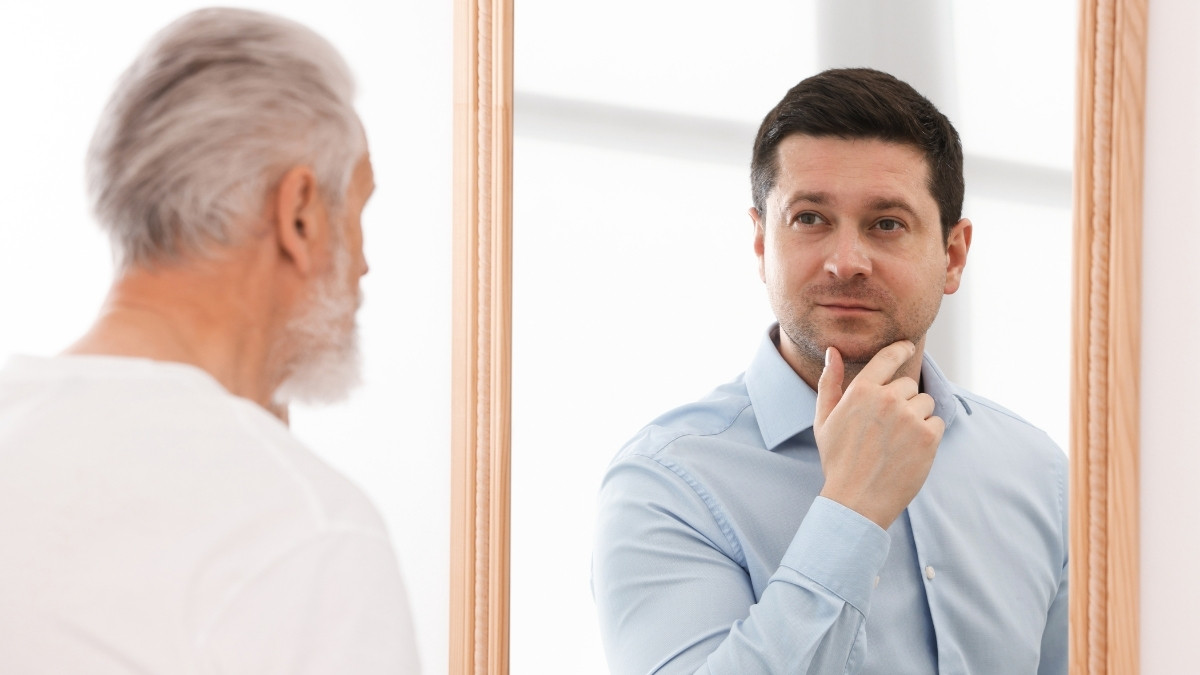
We’ll cover the exact strategies that extend your healthspan—the years you live healthy and strong. You’ll understand why these anti-aging methods work at the cellular level. And you’ll see proof from real research, not Instagram wellness gurus.
The best part? Most of these habits cost nothing.
Dave proves you don’t need to be rich to age slower. You just need to do the right things consistently.
The Budget Biohacker
Habit #1: Eating Windows
Fast: 16 hours overnight
Habit #2: Strength Training
Habit #3: Quality Sleep
Habit #4: Hormetic Stress
Habit #5: Track Everything
Your Action Plan
Who Is Dave Pascoe? The Budget Biohacker Beating the Millionaires
Dave Pascoe isn't your typical 61-year-old retiree from Michigan.
The former network security engineer spends his days optimizing his body like it's a high-performance machine. And the results? His biological age is 37.95 years—nearly 23 years younger than what his driver's license says.
Think about that for a second. While most people his age are dealing with declining energy and health issues, Pascoe has the cellular health of someone in their late 30s.

Here's what makes his story different: He's doing this on $30,000 a year. That's a lot of money, sure. But compare it to tech millionaire Bryan Johnson, who spends $2 million annually on his anti-aging protocol. Pascoe proves you don't need to be ultra-wealthy to reverse aging.
He ranks in the top positions on the Rejuvenation Olympics leaderboard—a public ranking of people trying to slow their biological clocks. He's beating people with way more money and resources.

His approach? "My body is like a prized racehorse—I only get this one." So he treats it that way. This means about 200 supplements daily, regular testing, and strict daily habits.
But don't worry. You won't need 200 pills to see results. Pascoe's core strategies are simpler than you think—and many cost nothing at all.
The Science Behind Biological Age (And Why It Matters More Than Your Birthday)
Your driver's license says one thing. Your cells tell a different story.
Biological age measures how well your body actually works, not just how many birthdays you've had. Think of it like two cars from 2005. One sat in a garage and got regular maintenance. The other was driven hard and never serviced. Same year, totally different condition.

Scientists measure biological age through something called epigenetic clocks. These look at your DNA methylation patterns—basically, chemical tags on your genes that change as you age. The most famous is the Horvath Clock, which reads these patterns to estimate your body's real age.
Here's why this matters: Your biological age predicts when you'll get sick or die better than your actual age does. A 50-year-old with a biological age of 40 has way less disease risk than a 50-year-old with a biological age of 60.
The good news? Research proves you can actually slow down aging through lifestyle choices—what you eat, how you move, your sleep quality, and stress levels.
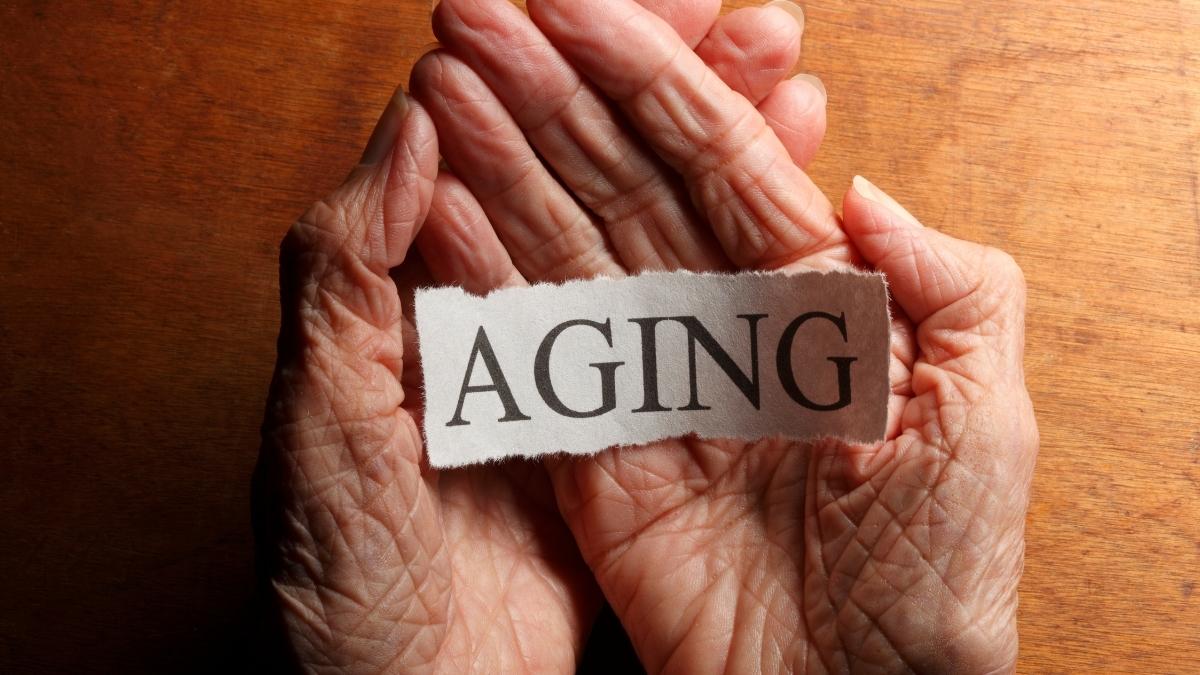
This brings us to healthspan versus lifespan. Lifespan is how long you live. Healthspan is how long you live well—without disease, pain, or disability. The goal isn't just adding years to your life. It's adding life to your years.
Habit #1 – Strategic Eating Windows (Intermittent Fasting Done Right)
Dave Pascoe doesn't count calories obsessively. He counts hours instead.
His approach is simple: eat within a specific window each day, then let your body rest and repair. This isn't about starving yourself. It's about giving your cells time to clean house.
Most days, Pascoe follows a 16:8 pattern. He eats between noon and 8 PM, then fasts for 16 hours. During that fasting window, his body switches from burning sugar to burning fat. More importantly, it triggers something called autophagy—your body's cellular cleanup crew.

Think of autophagy like taking out the trash. When you're constantly eating, your cells never get a chance to remove damaged proteins and dysfunctional parts. Fasting activates this cleanup process. Your body literally eats its own junk.
The science backs this up. Research shows intermittent fasting improves how your body handles sugar, reduces inflammation, and activates longevity pathways. One study found people who did alternate-day fasting for just two months lost 8% of their body weight and showed significant drops in oxidative stress markers—the stuff that ages you faster.

Intermittent fasting benefits go beyond weight loss. Studies link it to reduced risk of diabetes, heart disease, and even certain cancers. It improves brain function and may protect against neurologic disorders.
Different Ways to Fast
You don't need to follow Pascoe's exact routine. Here are three proven methods:
16:8 Method – Fast for 16 hours, eat during an 8-hour window. This is the most popular approach because it's sustainable. Skip breakfast, eat lunch at noon, finish dinner by 8 PM.

5:2 Method – Eat normally five days a week. On two non-consecutive days, limit yourself to 500-600 calories. This gives you flexibility while still triggering metabolic health improvements.
Alternate Day Fasting – Eat normally one day, fast (or eat very little) the next. This is more extreme but shows faster results in research studies.
How Your Body Responds
During the first 12 hours of fasting, your body burns through its stored sugar (glycogen). After that, it switches to burning fat for fuel. This is called metabolic switching, and it's where the magic happens.

Between hours 12-18, autophagy activation ramps up. Your cells start breaking down and recycling damaged components. This process slows cellular aging and reduces your risk of age-related diseases.
By 24 hours (if you fast that long), your body increases production of human growth hormone by up to 5 times. This hormone helps preserve muscle mass and accelerates fat burning.
Getting Started Without Suffering
Don't jump straight into 16-hour fasts. That's a recipe for failure.
Start with a 12-hour overnight fast. If you finish dinner at 7 PM, don't eat again until 7 AM. You're sleeping through most of it anyway. Do this for two weeks until it feels normal.

Then push breakfast back one hour. Then another. Most people find 14-16 hours completely manageable after a few weeks of gradual adjustment.
Stay hydrated during fasting windows. Black coffee, plain tea, and water are fine. They won't break your fast. In fact, coffee can suppress appetite and enhance autophagy.
The biggest mistake? Binging when your eating window opens. Pascoe doesn't break his fast with donuts and soda. He eats a balanced meal with protein, healthy fats, and vegetables. The quality of what you eat still matters.

Listen to your body. Some days you might need to eat earlier. That's fine. Pascoe's philosophy applies here too: consistency beats perfection. Fasting 5-6 days a week will still deliver results.
Habit #2 – Strength Training: The Ultimate Longevity Drug
Your muscles are quietly deciding how long you'll live.
Most people think cardio is king for longevity. They're wrong. Research shows muscle mass predicts how long you'll live better than your cardio fitness. Here's why that matters: your muscle mass peaks in your 30s, then starts declining. By 60, you could lose 30% of your strength if you do nothing.
More than 45% of older adults in the U.S. deal with sarcopenia—the medical term for muscle loss. It's not just about looking weak. Low muscle mass increases your risk of falls, broken bones, and early death.

Dave Pascoe lifts weights four times per week. He mixes in HIIT workouts, yoga, and Pilates. Nothing extreme. Just consistent.
The research is clear: strength training for just 90 minutes per week can slow your biological aging by almost four years. Women who exercise moderately five times weekly cut their early death risk by 24%. For men, it's 18%.
Even grip strength matters. Studies show people with stronger grips live longer and have fewer heart problems.

You don't need a gym membership. Start with bodyweight exercises—pushups, squats, lunges. Focus on compound movements that work multiple muscles. Add weight slowly over time. That's called progressive overload, and it's how you build muscle at any age.
Habit #3 – The 7-8 Hour Sleep Sweet Spot
Dave Pascoe treats sleep like a performance sport. He tracks it with an Oura Ring. He aims for 8 solid hours every night. And the data shows why he's obsessed.
Men who consistently get quality sleep live about 5 years longer than those who don't. For women, it's 2 extra years. That's not a small difference. That's watching your grandkids graduate college versus missing it.

But here's what surprised researchers: sleep regularity beats sleep duration. Going to bed at 10:30 PM every night matters more than occasionally sleeping 9 hours. Your body craves consistency, not perfection.
What happens while you sleep? Your brain flushes out toxic waste through the glymphatic system. Your muscles repair. Your hormones reset. People who hit all five quality sleep markers add 4.7 years to their lifespan (men) and 2.4 years (women).
The numbers don't lie. Sleeping less than 7 hours increases your death risk by 14%. That's comparable to smoking or obesity.

Pascoe's sleep protocol is simple: bedroom at 67°F, blackout curtains, no screens after 9 PM, same bedtime every night. He doesn't use sleep aids. He doesn't need them.
Your body wants 7-9 hours. Not 6. Not 10. That's the sweet spot where cellular repair peaks and disease risk drops.
Habit #4 – Hormetic Stress: Cold, Heat, and Exercise Intensity
Your body gets stronger when you stress it the right way. Hormetic stress means exposing yourself to small, controlled challenges that activate your cellular repair systems. Think of it like a vaccine for aging—a little stress trains your body to handle bigger threats.
Dave Pascoe uses three main stressors: infrared saunas, cold exposure, and high-intensity interval training (HIIT). He hits the sauna 4-5 times per week and follows it with cold showers or ice baths. This isn't torture—it's strategic.

Here's why it works. When you expose your body to heat or cold, it triggers mitochondrial biogenesis—the creation of new energy-producing cells. Your body essentially builds more power plants at the cellular level. Sauna use also activates heat shock proteins that repair damaged cells and reduce inflammation.
The science backs this up. A large Finnish study tracked thousands of men and found that using a sauna 4-7 times per week cut mortality risk by up to 40% compared to once-weekly use. That's more powerful than most medications.

Cold exposure works differently but just as effectively. It improves circulation, reduces inflammation, and may boost metabolic rate. Some research suggests cold therapy increases brown fat—the good kind that burns calories to keep you warm.
The best part? You don't need fancy equipment. Start with 30 seconds of cold water at the end of your shower. Work up to 2-3 minutes. If you have access to a sauna, aim for 15-20 minute sessions at 175°F. Can't afford a sauna membership? Hot baths work too, though less effectively.

Pascoe combines this with HIIT workouts—short bursts of intense exercise followed by rest. Just 20 minutes of HIIT twice per week can trigger many of the same longevity pathways as longer, moderate workouts.
Habit #5 – Track Your Numbers Like Your Life Depends On It (Because It Does)
Dave Pascoe doesn't guess. He measures.
Every month, he gets blood drawn. Every three months, he takes an epigenetic test that shows his biological age. Once a year, he gets bone density scans and full-body imaging. This isn't paranoia—it's prevention. You can't fix what you don't measure.
Here's what shocked me: Most people get blood work once a year if they're lucky. Pascoe tracks 43 different biomarkers monthly. He watches his inflammation levels (hsCRP), blood sugar, cholesterol, hormone levels, and vitamin status like a hawk.
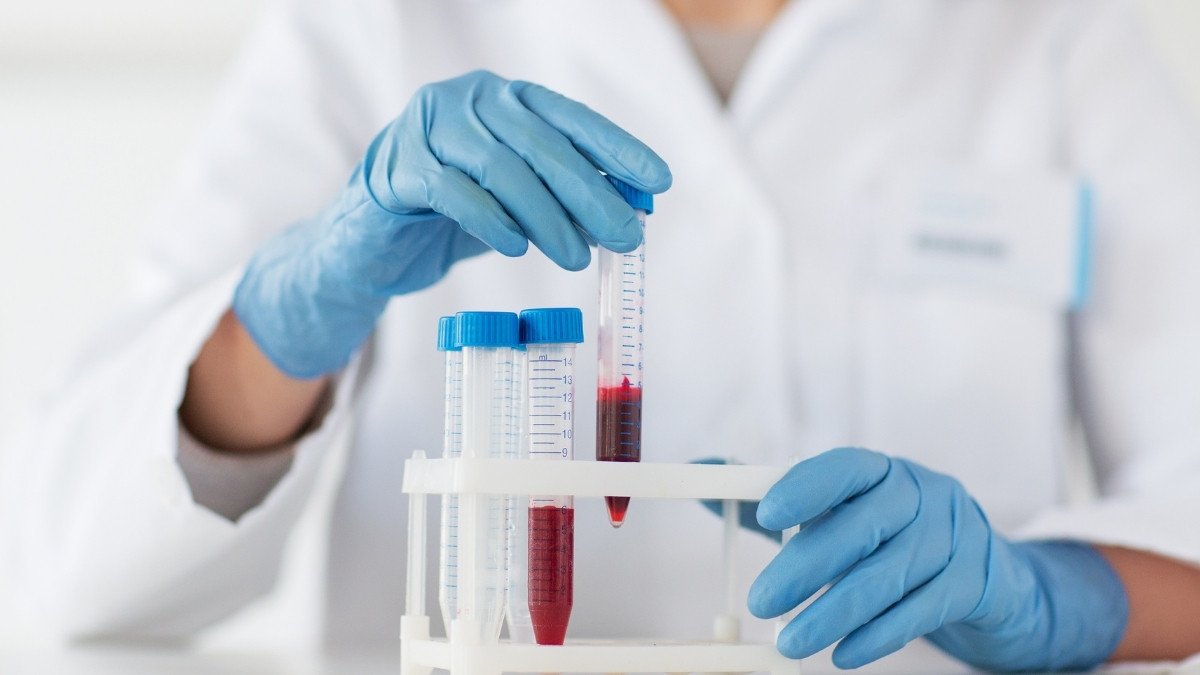
Why does this matter? Because your body sends warning signals years before disease shows up. High inflammation today means heart disease in ten years. Poor glucose control now means diabetes later. But if you catch these early, you can reverse them.
The good news? You don't need Pascoe's budget. InsideTracker costs $589 and tracks 43 biomarkers with personalized advice. Quest Diagnostics offers basic panels for under $100. Even a simple annual physical with expanded blood work helps.

Pascoe's rule: Test, adjust, retest. See high inflammation? Cut processed foods and retest in six weeks. Vitamin D low? Supplement and verify it worked. This data-driven approach takes the guesswork out of health.
At the Last,
At 61, Dave Pascoe has the blood work of a 38-year-old. He didn't need millions of dollars or extreme protocols to get there.
His secret? Five simple habits anyone can start: intermittent fasting, strength training, quality sleep, hormetic stress, and tracking your numbers. You don't need all five at once. Pick one. Master it. Then add another.
The difference between Pascoe and most people isn't genetics. It's consistency. He does the right things most of the time. Not perfectly. Just consistently.
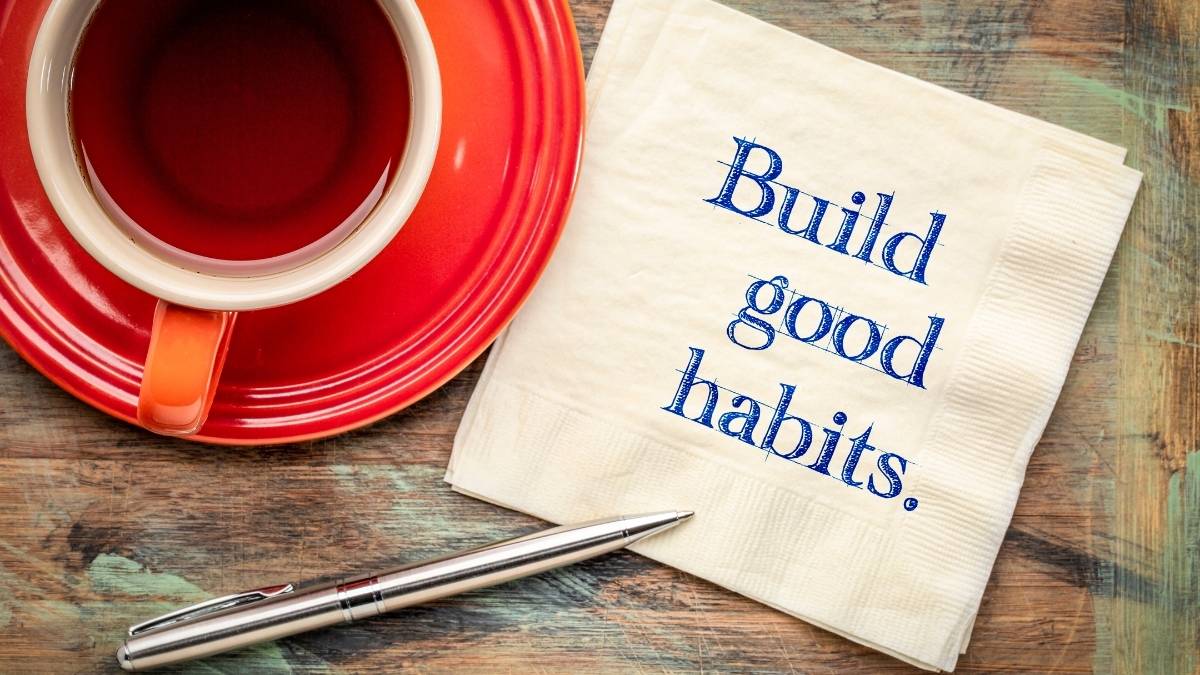
Your body doesn't care if you mess up one day. It cares what you do most days. Push breakfast back an hour. Add two strength sessions per week. Go to bed at the same time every night. Start small. These longevity habits compound over years, not days.
You can't change the past 20 years. But you can change the next 20.
Want to extend your healthspan? Start today. Not tomorrow. Not Monday. Right now, choose one habit from this guide. Do it for a week. See how you feel. That's how healthy aging actually works.



